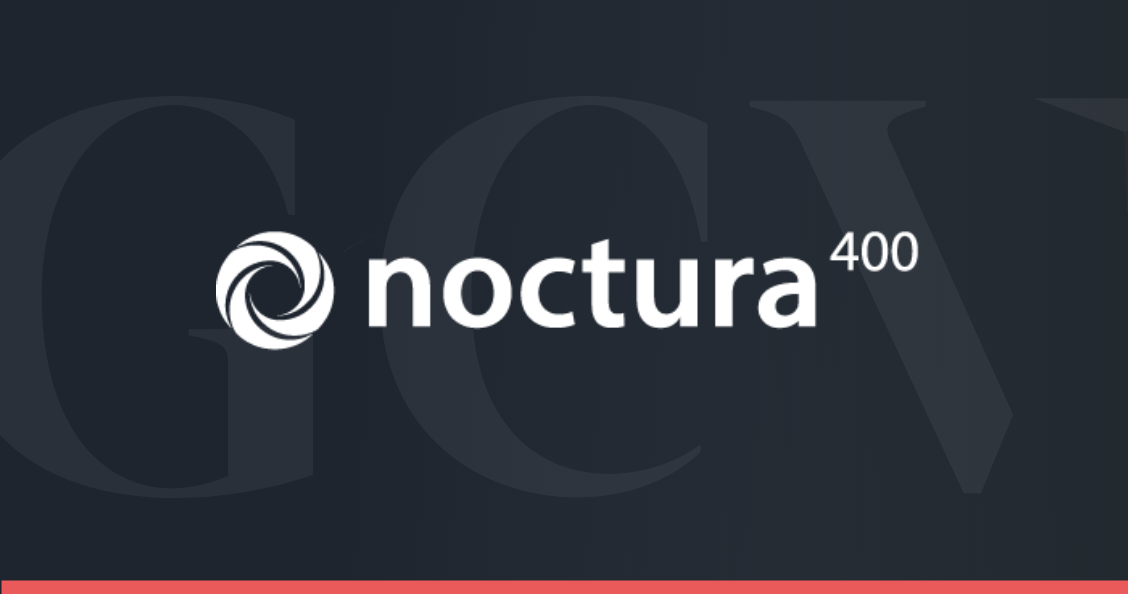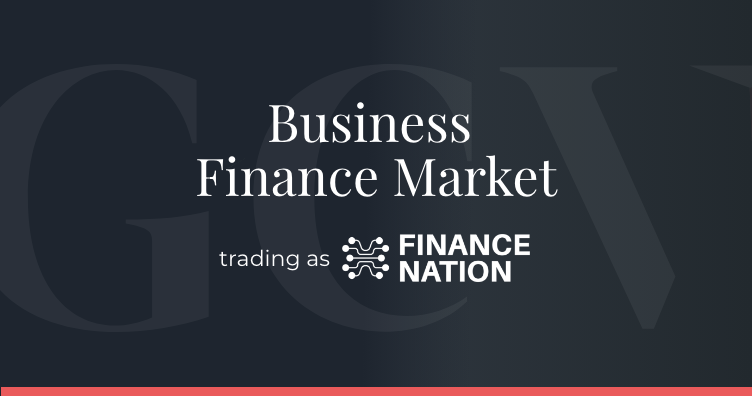Key Facts
Benefits and Risks of ISA Investments
Individual Savings Accounts offer a wide range of tax-efficient benefits for savers and investors, making them one of the most popular ways to grow and protect wealth in the UK. Whether through a Cash ISA or a Stocks & Shares ISA, individuals can take advantage of tax-free returns, making ISAs an attractive option for those looking to save or invest long-term.
However, as with any financial product, it’s important to consider the risks and limitations of Individual Savings Accounts. Balancing these benefits and risks is essential to making informed decisions that align with your financial goals and risk tolerance.

Tax-Free Interest and Growth
Any interest earned in a Cash ISA is completely tax-free, and investments in a Stocks & Shares ISA grow free from Capital Gains Tax (CGT). This tax efficiency helps maximize overall returns for both savers and investors.

No Income Tax on Dividends
Dividends received within a Stocks & Shares ISA are exempt from income tax, which means investors can keep all their dividend income, unlike regular investment accounts where dividends over £500 may be taxed.

Government Bonus with Lifetime ISA
The Lifetime ISA offers a 25% government bonus on contributions (up to £1,000 annually), which can significantly boost savings for first-time homebuyers or those saving for retirement.

Flexibility and Accessibility
ISAs allow tax-free withdrawals at any time without penalty, providing flexibility to access your money when needed, making it a useful option for both short-term and long-term financial planning.

Simplified Tax Reporting
Income and gains earned within an ISA do not need to be declared on self-assessment tax returns, reducing the administrative burden and simplifying tax reporting.

Market Risk with Stocks & Shares ISA
While Stocks & Shares ISAs offer higher growth potential, they also expose your money to market risk, meaning the value of your investments can fluctuate, and there is a possibility of losing capital.

Limited Annual Allowance
ISAs have an annual contribution limit (£20,000 for the 2024/25 tax year). Once this limit is reached, further contributions will not benefit from tax-free status, potentially restricting savings growth.

Inflation Risk with Cash ISAs
Cash ISAs are low-risk but may struggle to keep pace with inflation, especially in a low-interest environment. This means the real value of your savings could decline over time due to inflation outpacing interest rates.
%20(3)%20(2).jpg)















.jpg?width=1000&height=777&name=Tax%20efficient%20investing%20Brochure%20(2).jpg)




